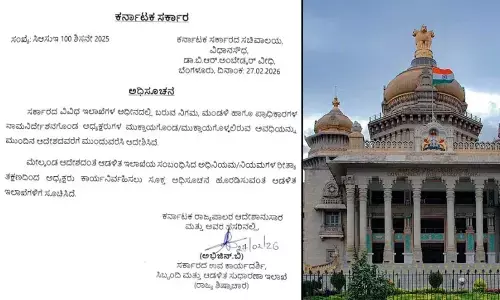Dying declaration can’t always be basis for conviction: Supreme Court

New Delhi: The dying declarations of a murder victim cannot be the sole basis for conviction of the accused “in cases where suspicion is raised as regards the correctness (of the statement)”, the Supreme Court said as it heard the plea of a Uttar Pradesh man held guilty of the murder of three people in 2014 and sentenced to death. Calling for “great caution” when relying on dying declarations - to which courts attach a presumption of truthfulness - the court also dealt with the legal principle on dying declarations and clarified the belief that an individual on their deathbed will not lie, according to NDTV report.
A dying declaration while carrying a presumption of being true, must be wholly reliable and inspire confidence” and if there is “any suspicion over its veracity or evidence on record shows the dying declaration is not true”, then “it will only be considered as a piece of evidence but cannot be the basis for conviction alone”, the court said. The Supreme Court’s observations came as a bench of Justices BR Gavai, JB Pardiwala and Prashant Kumar Mishra heard a plea by Irfan, who has been in jail for the past eight years after having been found guilty for the murder of his son Islamuddin and two brothers Irshad and Naushad. The lower court relied on the dying declarations to convict Irfan.
The sentence was upheld by the Allahabad High Court in 2018, after finding no discrepancies.
Points to be kept in mind
♦ Was the person making the statement expecting to die
♦ Was the statement made as soon as possible
♦ Was the person making the declaration was tutored or prompted, whether by police or an interested party
♦ Was the statement recorded properly
♦ Did the person making the statement clearly observe the incident in question
♦ Are the sequence of events in the dying declaration consistent throughout the text
♦ Was the declaration voluntarily made
♦ In case of multiple declarations, is the first consistent with events detailed by the others
♦ Was the person making the declaration able to do on his/her own given their injuries










